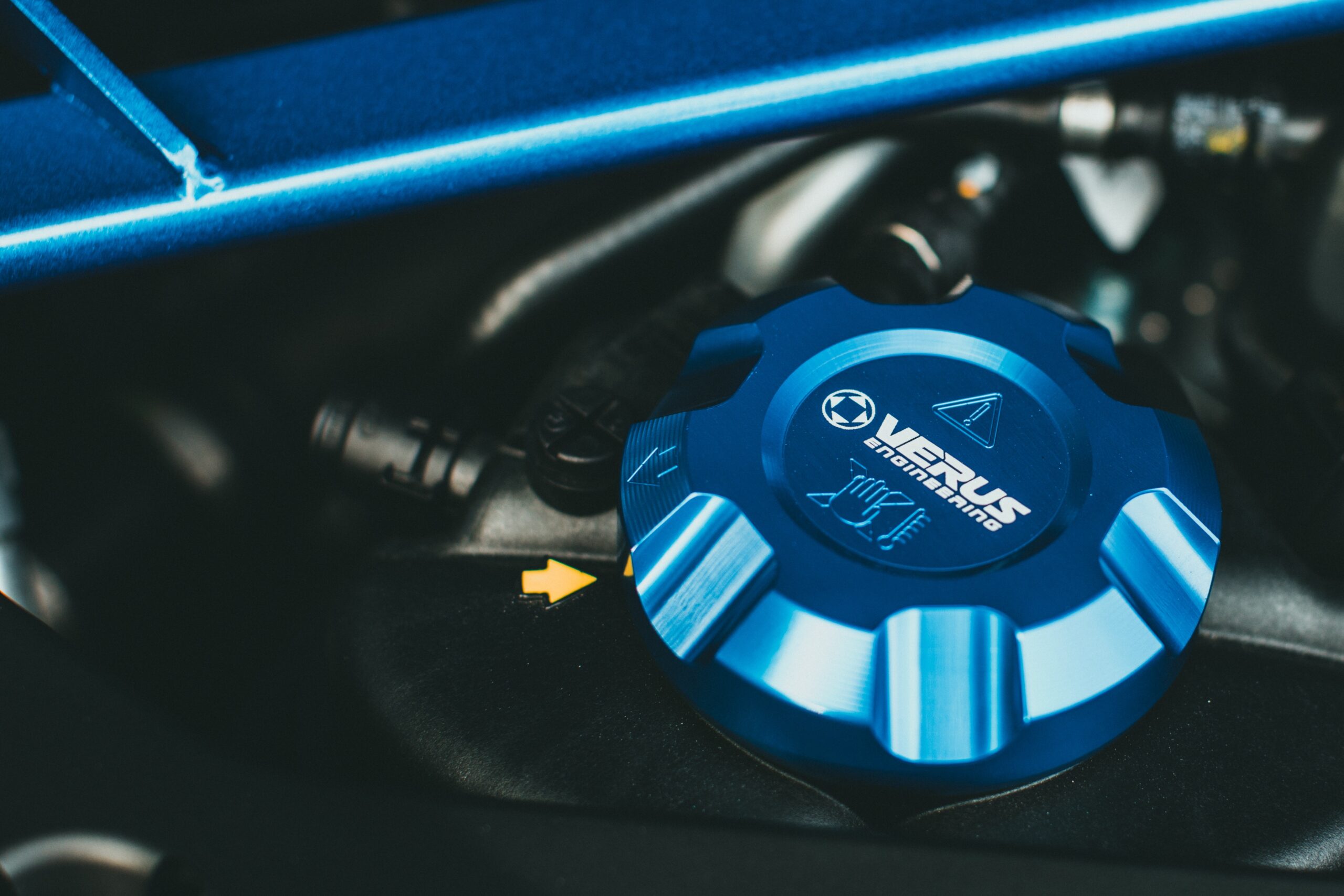Our planet has had a growing plastic waste problem for some time. Plastic fuel could be the answer to our growing pollution problem. As plastic waste accumulates in landfills and oceans, it is becoming increasingly clear that traditional recycling efforts are not enough to reduce our plastic consumption. In fact, they’re not enough to even keep us from generating more trash. And there’s so much plastic around us that it’s making its way into our bloodstream.
Plastic fuel offers a sustainable and cost-effective alternative to traditional methods of plastic disposal. Through the use of advanced technologies, plastic can be transformed into a fuel that is both clean and renewable. Along with introducing plastic alternatives, we might have a fighting chance.
What is plastic fuel?
Plastic fuel is an innovative new way of dealing with the plastic waste that has plagued our planet for so long. It is created by breaking down polymers in plastics into hydrocarbons and other components, which are then used to make synthetic fuels such as diesel, petrol, and kerosene. In plain English, breaking down the chemical formula of plastic can help us turn it into fuel.
The process of creating these fuels is known as pyrolysis and involves heating the plastic waste in an oxygen-free environment to produce liquid hydrocarbons. These hydrocarbons can then be refined to power vehicles or generate electricity. Plastic fuel can also be used as a direct replacement for petroleum products and has been tested in many different engines with positive results.
A double whammy
Plastic fuel has become increasingly popular in recent years due to its potential to provide a more sustainable form of energy while reducing the amount of plastic waste in landfills and oceans. Several universities are studying ways to convert plastic into fuel.
As world leaders debate which technology is best to “go green,” we still need solutions that don’t involve a complete infrastructure overhaul. Plastic fuel has the potential to be much cleaner than traditional petroleum-based fuels and can be used in a variety of different applications.
Plastic fuel could provide a two-for-one whammy on our plastic pollution problems. Not only could it power vehicles or generate electricity, but we’d also be getting rid of plastic waste to do so. In addition, it is much more cost-effective than traditional fuels and could potentially reduce the cost of energy production. Perhaps eventually, we’ll run out of plastic trash and need an alternative, but with a plastic island the size of Texas already in our ocean, we have a strong head start.
In the meantime
Of course, one of the reasons we have so much plastic pollution is the material’s versatility. We use plastic in almost everything. While finding a way to get rid of the waste is important, we also need a viable replacement. Fortunately, scientists worldwide are tackling this problem. We now have several “bioplastic” alternatives that don’t produce harmful waste and are usually compostable or biodegradable.









































